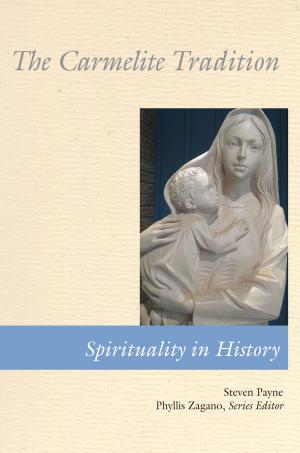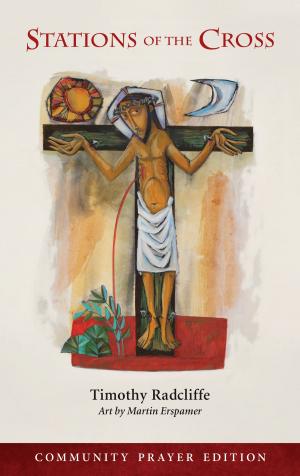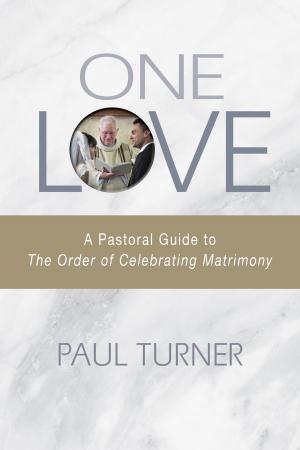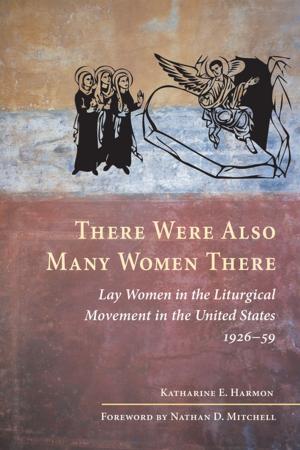Sacra Pagina: First Corinthians
Nonfiction, Religion & Spirituality, Christianity, Denominations, Catholic, Catholicism| Author: | Raymond F. Collins | ISBN: | 9780814682630 |
| Publisher: | Liturgical Press | Publication: | March 18, 2016 |
| Imprint: | Michael Glazier | Language: | English |
| Author: | Raymond F. Collins |
| ISBN: | 9780814682630 |
| Publisher: | Liturgical Press |
| Publication: | March 18, 2016 |
| Imprint: | Michael Glazier |
| Language: | English |
One of the most exciting of Paul's letters, First Corinthians offers a vantage point from which modern readers can reflect on the diversity in Christian Churches today. In First Corinthians, Raymond Collins explores that vantage point as well as the challenge Paul posed to the people of his time 'and continues to pose in ours 'to allow the gospel message to engage them in their daily lives.
Paul introduces us to a flesh-and-blood community whose humanness was all too apparent. Sex, death, and money were among the issues they had to face. Social conflicts and tension within their Christian community were part of their daily lives. Paul uses all of his diplomacy, rhetorical skill, and authority to exhort the Corinthian community to be as one in Christ.
In examining Paul's message and method, Collins approaches First Corinthians as a Hellenistic letter written to people dealing with real issues in the Hellenistic world. He cites existing Hellenistic letters to show that Paul was truly a letter writer of his own times. Collins makes frequent references to the writings of the philosophic moralists to help clarify the way in which Paul spoke to his beloved Corinthians. He also comments on some aspects of the social circumstances that shaped the Christians of Corinth.
One of the most exciting of Paul's letters, First Corinthians offers a vantage point from which modern readers can reflect on the diversity in Christian Churches today. In First Corinthians, Raymond Collins explores that vantage point as well as the challenge Paul posed to the people of his time 'and continues to pose in ours 'to allow the gospel message to engage them in their daily lives.
Paul introduces us to a flesh-and-blood community whose humanness was all too apparent. Sex, death, and money were among the issues they had to face. Social conflicts and tension within their Christian community were part of their daily lives. Paul uses all of his diplomacy, rhetorical skill, and authority to exhort the Corinthian community to be as one in Christ.
In examining Paul's message and method, Collins approaches First Corinthians as a Hellenistic letter written to people dealing with real issues in the Hellenistic world. He cites existing Hellenistic letters to show that Paul was truly a letter writer of his own times. Collins makes frequent references to the writings of the philosophic moralists to help clarify the way in which Paul spoke to his beloved Corinthians. He also comments on some aspects of the social circumstances that shaped the Christians of Corinth.















